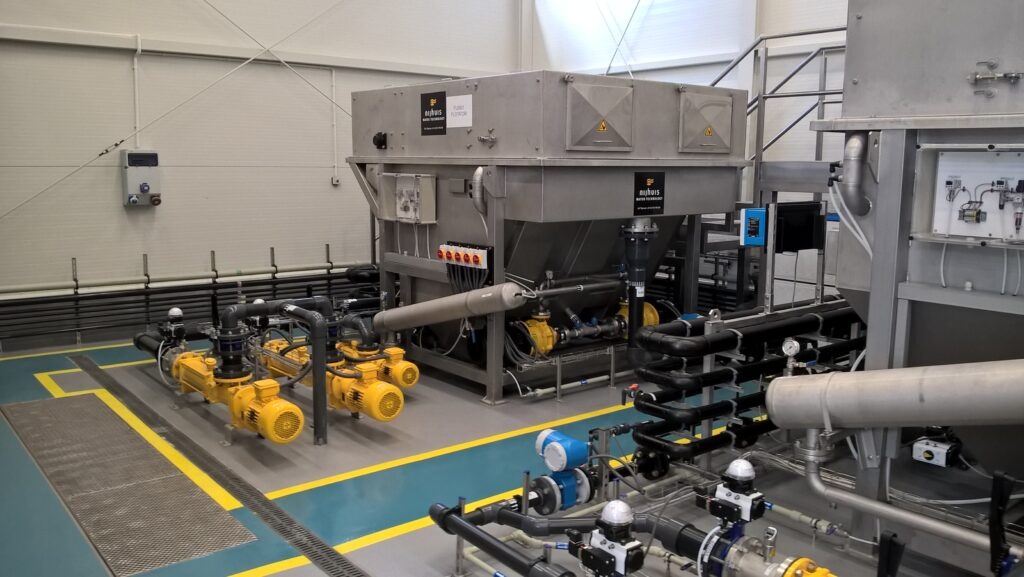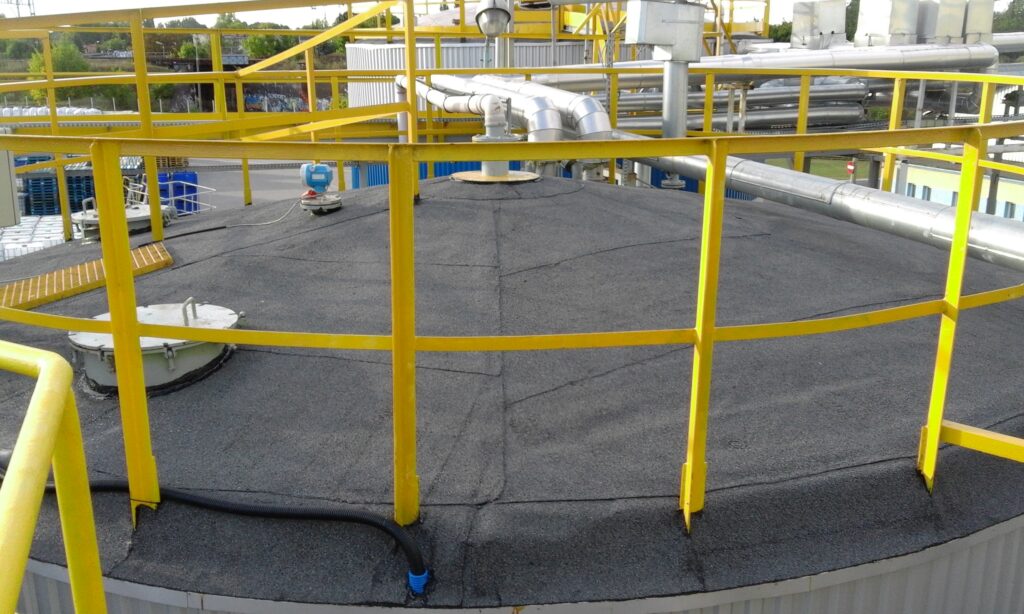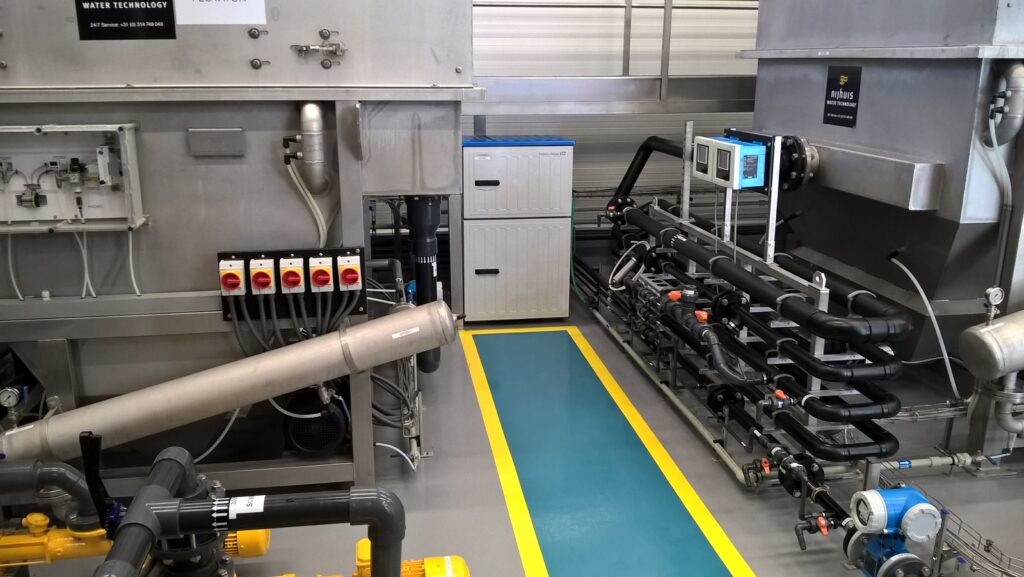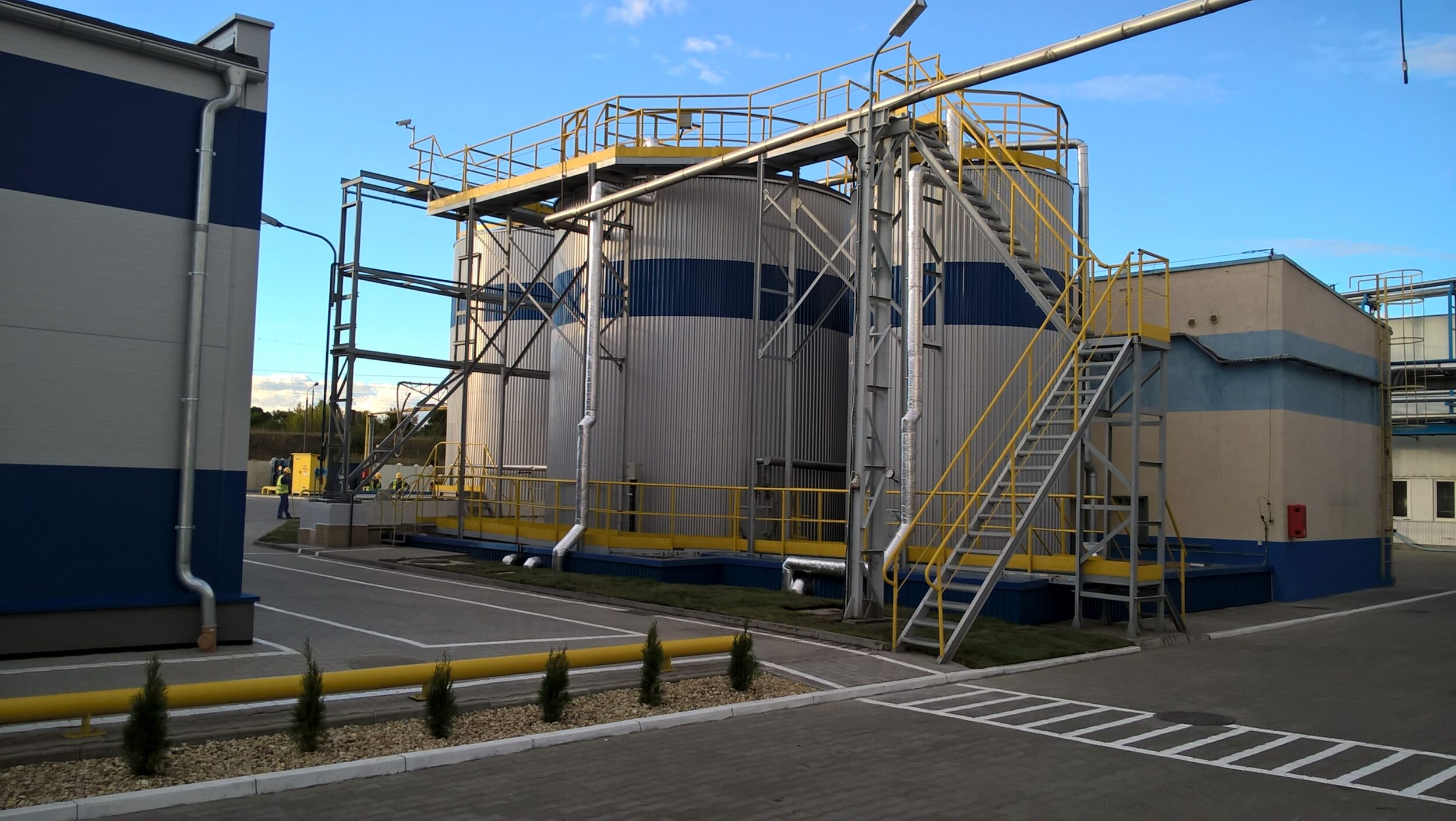Project's context and challenges
The factory in Bydgoszcz (Poland) has a long and proud history, with a new chapter beginning in 1991, when it became the first plant in Central and Eastern Europe to be acquired by Unilever. Today, it is recognized as one of the largest and most modern facilities of its kind worldwide.
It continues to grow and innovate, reaching new milestones as the cosmetics and cleaning products produced — including Dove, Rexona, Tresemmé, and Domestos — set new standards in global markets.
However, this progress also brings new challenges, particularly in the area of environmental responsibility. Increased production capacity has placed a significantly higher load on wastewater treatment plant: wastewater volumes have grown, and pollutant concentrations exceed original design values by up to 50%. To ensure sustainable operations and continued compliance with environmental standards, expansion and modernization of the treatment system have become essential.
The planned solution is based on the following key assumptions:
- No expansion of the existing treatment plant infrastructure (buildings and tanks) will be required.
- The upgraded installation will be designed to verify and optimize the system’s ability to manage additional wastewater flow.
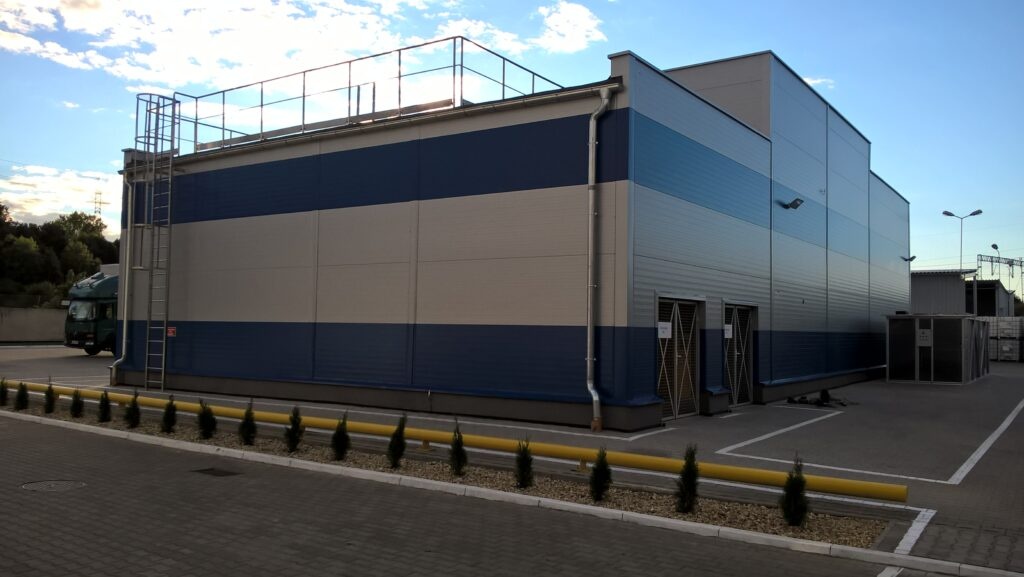
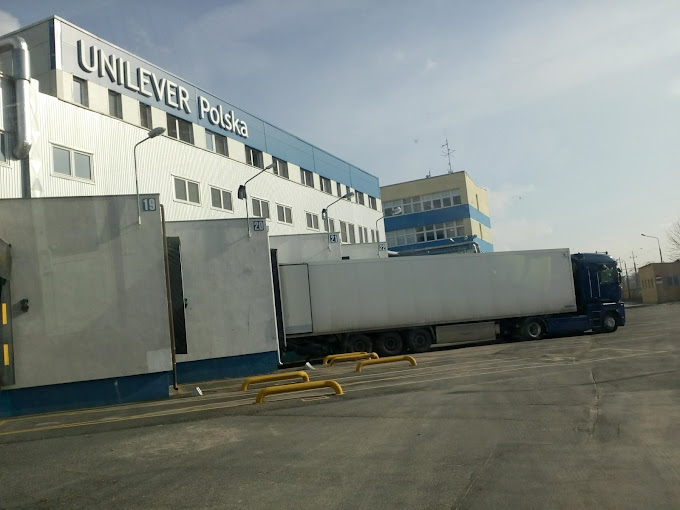
Key figures
100 m3/d
Design flow
≤ 700 mg/l
COD
≤ 330 mg/l
TSS
Solution
Based on the information and the data obtained from the Client regarding the quality of raw wastewater, waste water treatment solution included:
- A new flocculation-flotation line, parallel to the existing one.
- A new blower to aerate the MBBR tank in order to increase the efficiency of wastewater treatment, necessary after increasing the load on the biological system.
- A new, parallel wastewater post-treatment line after the MBBR tank.
